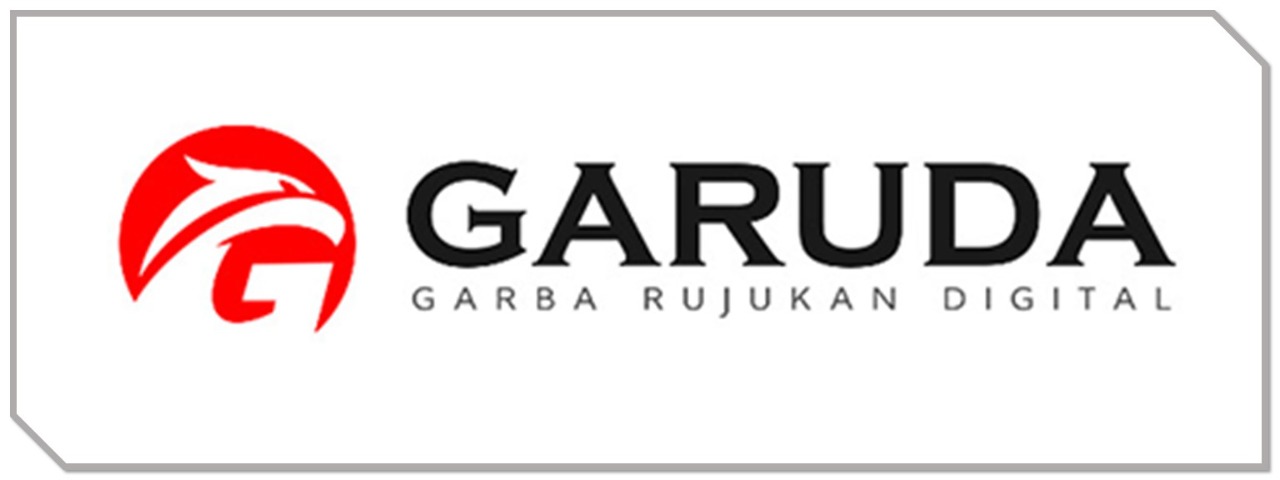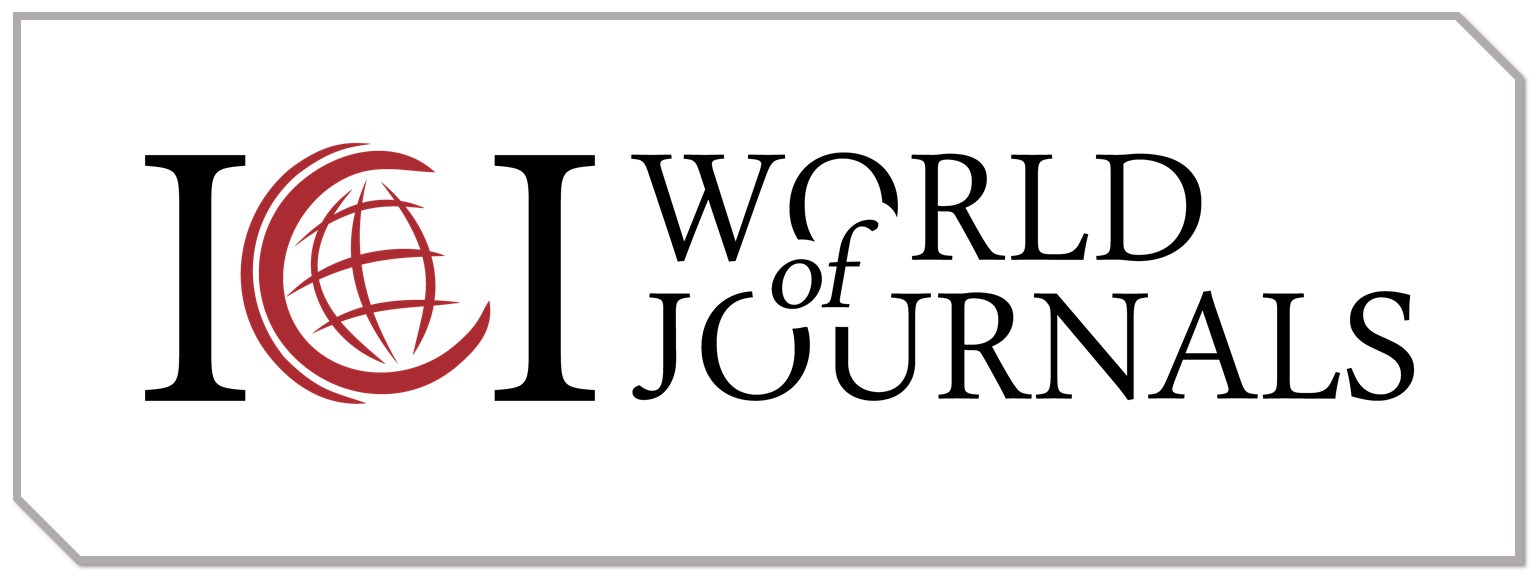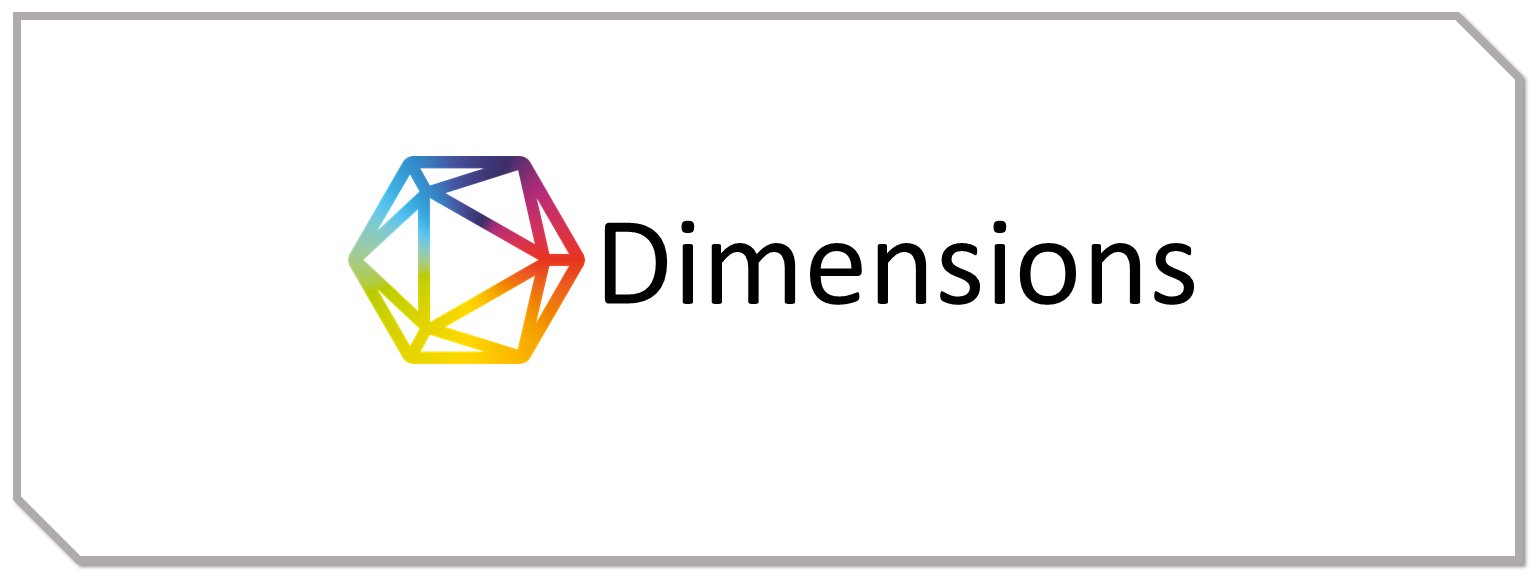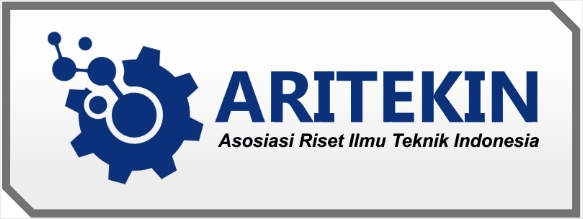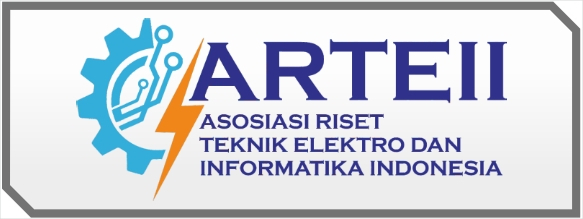Propaganda Putih Kampanye Moderasi Beragama Menggunakan Hashtag di Media Sosial X
DOI:
https://doi.org/10.55606/juitik.v5i2.1046Keywords:
media, moderation, propaganda, religious, socialAbstract
The advancement of information technology has significantly transformed how people communicate and share information, including within religious contexts. Social media platforms, particularly Twitter/X, have emerged as strategic channels for disseminating religious messages one of which is through the use of hashtags (#), which enable categorization and wider dissemination of content. Amid Indonesia's diverse society, religious moderation has become an urgent need to mitigate potential interfaith conflicts. This study aims to examine how "white propaganda" is utilized in digital campaigns promoting the principles of religious moderation by government institutions and religious organizations. Employing a descriptive qualitative approach, this research collects data through documentation and literature review. The findings are expected to illustrate forms of digital communication strategies—specifically white propaganda—that effectively disseminate the values of tolerance, balance, and justice in religious practice. Furthermore, the study contributes to the development of communication science, particularly in the domains of digital communication and religious social campaigns.
References
Amaliya, R. (2015). Efek tayangan On The Spot terhadap pesan media massa bagi mahasiswa Ilmu Komunikasi [Skripsi, Universitas Mulawarman].
Bachtiar, A. Y., Perkasa, D. H., & Sadikun, M. R. (2016). Peran media dalam propaganda. Jurnal Komunikologi, 13(2), 78–89.
Brubaker, P., & Haigh, M. (2017). The religious Facebook experience: Uses and gratifications of faith-based content. Social Media + Society. https://doi.org/10.1177/2056305117703723
Creswell, J. W. (2016). Research design: Pendekatan metode kualitatif, kuantitatif, dan campuran (Edisi ke-4). Pustaka Belajar.
Grunig, J. E. (2009). Paradigms of global public relations in an age of digitalization. PRism, 6(2), 1–19.
Hamdi, S., Munawarah, & Hamidah. (2021). Revitalisasi syiar moderasi beragama di media sosial: Gaungkan konten moderasi untuk membangun harmonisasi. Intizar, 27(1), 65–78.
Kemp, S. (2022, February 15). Digital 2022: Indonesia. Datareportal. https://datareportal.com/reports/digital-2022-indonesia
Laucuka, A. (2018). Communicative functions of hashtags. Scideno: Economics and Culture, 15(1), 40–50. https://doi.org/10.2478/jec-2018-0005
Misrawi, Z., & Asy’ari, H. H. (2010). Moderasi, keumatan, dan kebangsaan. Buku Kompas.
Muhtarom, A., Fuad, S., & Tsabit, L. (2020). Moderasi beragama: Konsep, nilai dan strategi pengembangannya di pesantren. Yayasan Talibuana Nusantara.
Mustofa. (2019). Peran hashtag (#) dalam media sosial sebagai upaya branding pustakawan. Libraria, 7(1), 19–38.
Naimah, R. J., Rifani, A., & Firdaus, R. (2013). Analisis penerapan relationship maintenance strategy melalui penggunaan media sosial (Studi pada Twitter perbankan di Indonesia). Jurnal Wawasan Manajemen, 1, 153–166.
Novia, W., & Wasehudin, W. (2020). Penggunaan media sosial dalam membangun moderasi beragama di masa pandemi Covid-19 di Kota Tangerang. Hanifiya: Jurnal Studi Agama-Agama, 3(2), 99–106.
Rauschnabel, D. (2019). What motivates users to hashtag on social media? Wiley Interdisciplinary Reviews: Data Mining and Knowledge Discovery, 36(5), 1–16. https://doi.org/10.1002/widm.1310
Ruslan, R. (2010). Metode penelitian public relations dan komunikasi. PT. Raja Grafindo Persada.
Saifuddin, L. H. (2019). Moderasi untuk kebersamaan umat: Memaknai rapat kerja nasional Kemenag 2019. https://jateng.kemenag.go.id/warta/download/1548283699.pdf
Wilcox, D. R. (2005). The theory of propaganda. In Propaganda, the press and conflict (pp. 23–39). Routledge.
Downloads
Published
How to Cite
Issue
Section
License
Copyright (c) 2025 Jurnal Ilmiah Teknik Informatika dan Komunikasi

This work is licensed under a Creative Commons Attribution-ShareAlike 4.0 International License.










